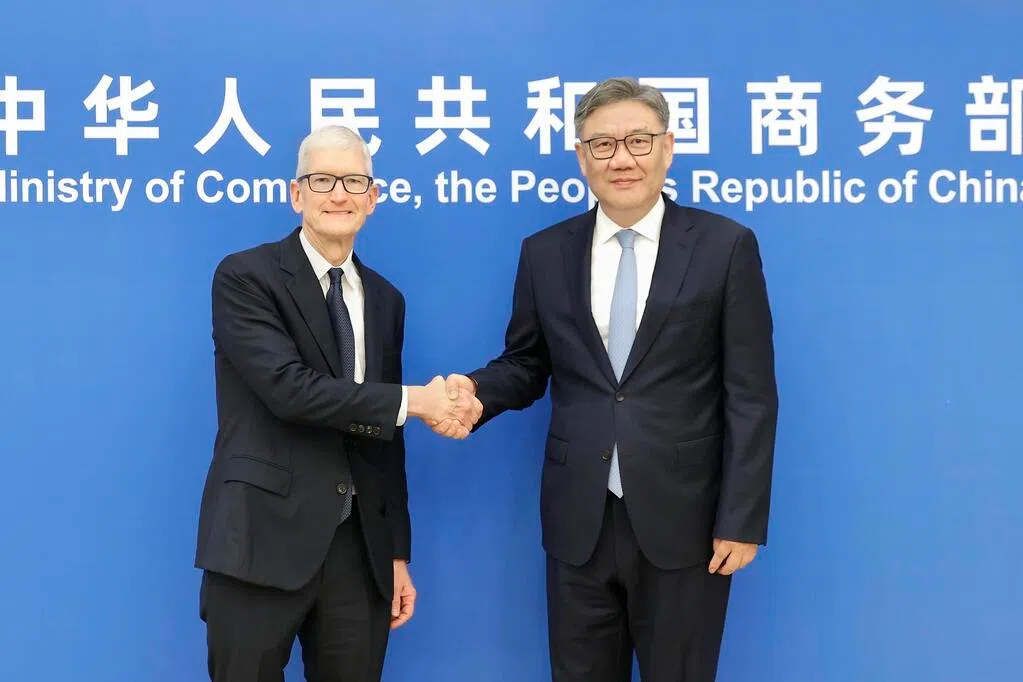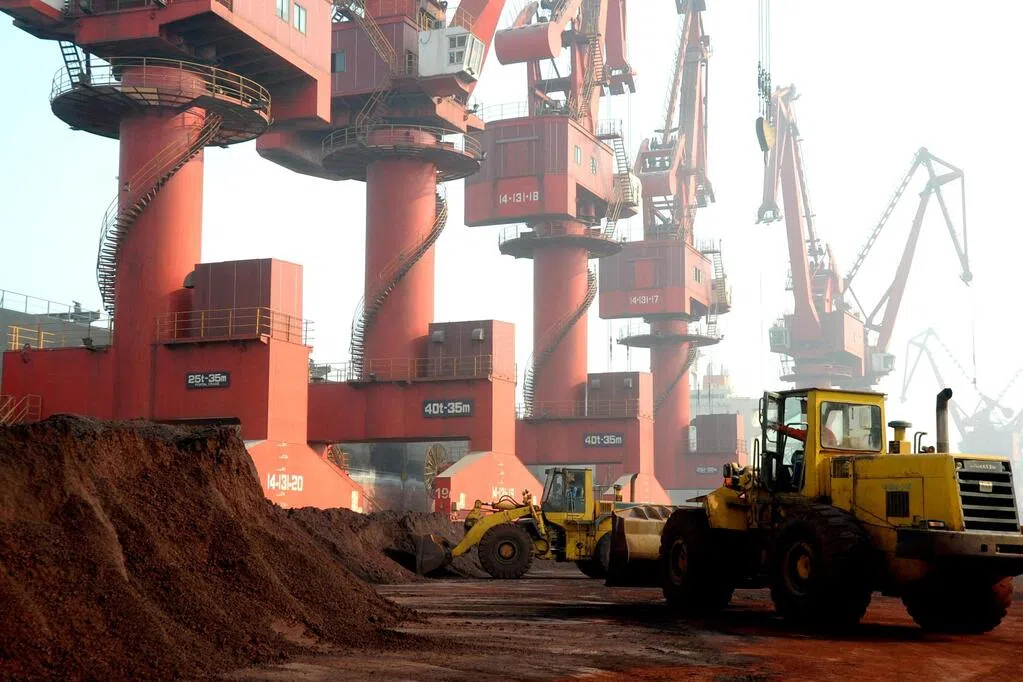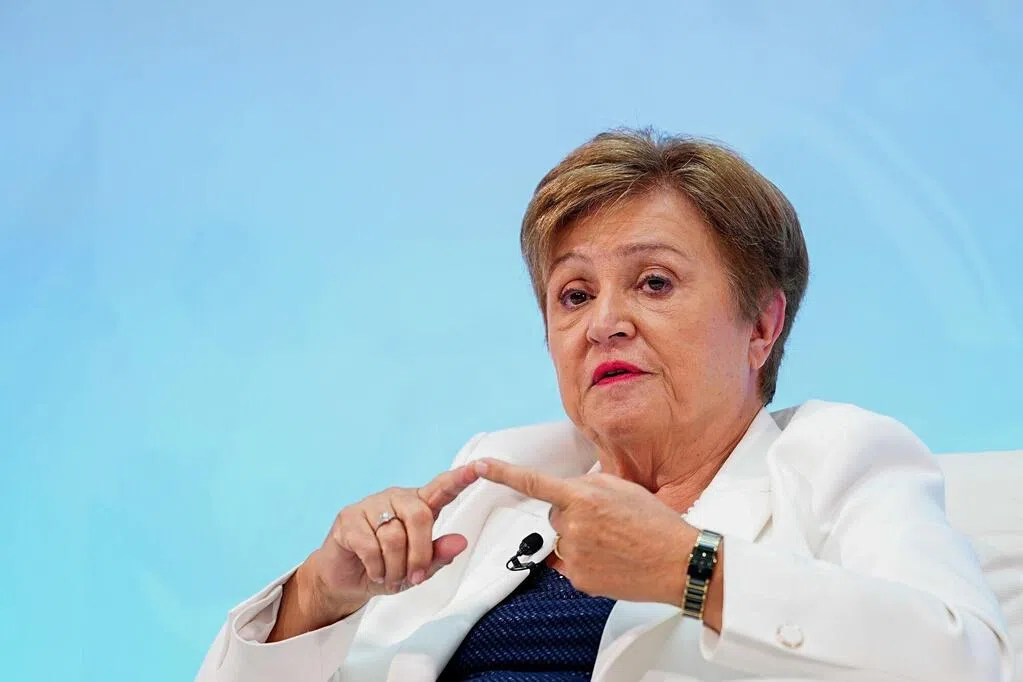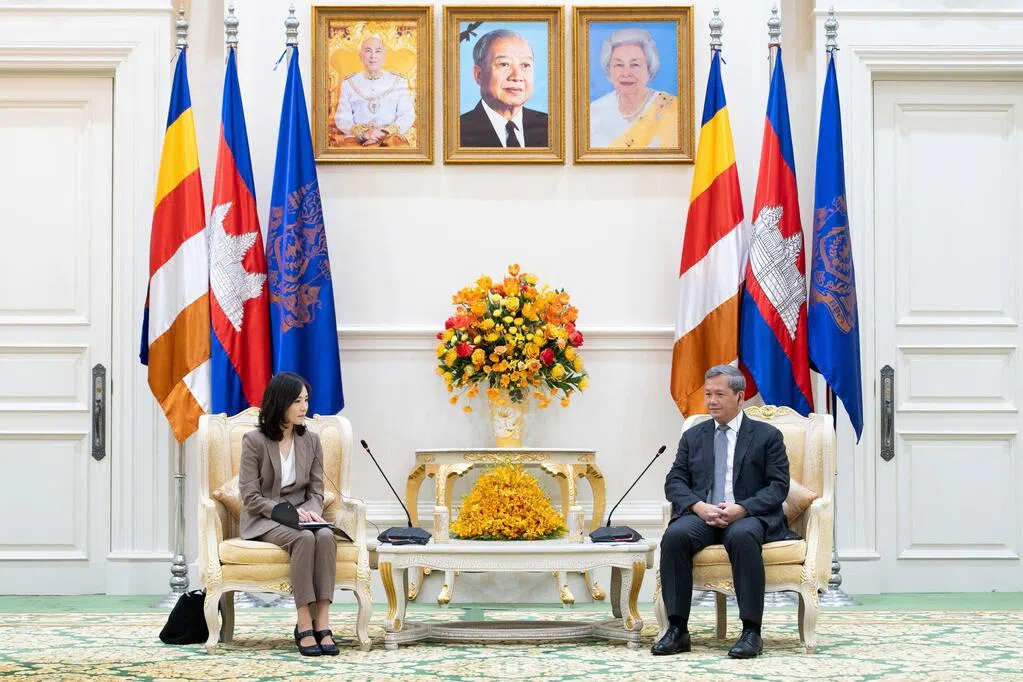(Washington/Beijing) China and the United States have agreed to hold a new round of trade talks next week. U.S. Treasury Secretary Jeffrey Bessant and Chinese Vice Premier He Lifeng are expected to meet in Malaysia to seek to ease trade tensions stemming from mutual retaliation and prepare for a summit at the end of this month.
Bessant and U.S. Trade Representative Greer held a video call with He Lifeng on Friday evening (October 17th) Eastern Time (Saturday morning Singapore Time). Bessant later posted on social media that the two had a "frank and detailed discussion" on Sino-U.S. trade and would meet next week to continue negotiations. In an interview at the White House, he told reporters, "I believe the situation has cooled down, and I hope China will give us equal respect."
Xinhua News Agency reported on Saturday that China and the United States had candid, in-depth, and constructive exchanges on key issues in bilateral economic and trade relations, focusing on implementing the important consensus reached in previous phone calls between the two presidents this year. They agreed to hold a new round of Sino-U.S. trade consultations as soon as possible.
Over the past few months, Chinese and American officials have held talks in four European cities, agreeing on a 90-day tariff suspension, which was later extended for another 90 days, ending after November 9th.
Beijing announced last Thursday that it would impose export controls on rare earths and other key minerals. The next day, Washington announced an additional 100% tariff on China, effective November 1st. The Chinese and US presidents are expected to meet on the sidelines of the Asia-Pacific Economic Cooperation (APEC) summit in South Korea at the end of this month, significantly reducing the chances of a trade agreement.
Further Reading


In an interview aired on Fox Business Channel on Friday, US President Trump acknowledged that imposing 100% tariffs on Chinese goods would be "unsustainable" for the US economy, emphasizing, "They (China) forced me to do it."
However, in the interview, which was recorded the day before, Trump softened his stance again, saying, "I think we can have a good outcome with China, but it has to be a fair deal, and it has to be fair to us."
He also confirmed in the interview that he would meet with Chinese President Xi Jinping at the end of this month.
China and the United States engage in rare earth trade war at the IMF and World Bank annual meetings
The International Monetary Fund (IMF) and World Bank's annual fall meetings continued in Washington on Friday. European Union Economic Commissioner Valdis Dombrovskis told the media on the sidelines that G7 trade ministers had agreed to coordinate a short-term response to China's rare earth export controls, seeking to diversify supply sources.
However, Dombrovskis acknowledged that the vast majority of rare earth supplies currently come from China, and that other countries were in contact with Chinese officials on the sidelines of the annual meeting to seek a short-term solution.
According to sources familiar with the matter, Chinese officials attending the annual meeting sought to allay concerns and dissatisfaction regarding Beijing's sudden escalation of rare earth controls, assuring trade officials that China's expanded export controls would not undermine normal trade.
Chinese officials also stated that they are seeking to establish a long-term mechanism through the newly announced measures, explaining that the new measures were a response to the US's earlier provocative move to add thousands of Chinese companies to the export control "Entity List."
Bessant previously criticized China's heavy-handed rare earth export controls, saying they would endanger global manufacturing supply chains and that the US would seek to work with allies and partners in Europe and the Asia-Pacific region to launch a comprehensive response to China. German Finance Minister Klingbeil said Friday that there is clear opposition within the G7 to China's measures targeting rare earth exports, but he hopes the meeting between Xi Jinping and Trump at the end of this month will help ease the Sino-US trade dispute.
IMF Managing Director Kristalina Georgieva also said at a press conference that she hopes China and the US can reach an agreement to avoid a blockage in the supply of rare earths to the global economy. She warned that this would have a significant impact on economic growth.
Bensant calls for stronger IMF oversight of China's industrial subsidies
In a statement issued on Friday, Bessant called on the IMF to take a tougher stance on China's trade surplus and industrial subsidy policies. He said these policies have allowed China's manufacturing industry to accumulate excess capacity and dump cheap products worldwide, and that the IMF should strengthen its oversight of individual countries with an "objective and impartial" attitude.
On the same day, China's Ministry of Commerce released the "2025 Report on the Implementation of the United States' WTO Rules and Obligations," expressing concern about the United States' undermining the multilateral trading system, engaging in trade bullying, manipulating industrial policies with double standards, and disrupting global industrial and supply chains, and urging the United States to promptly correct its mistakes.



